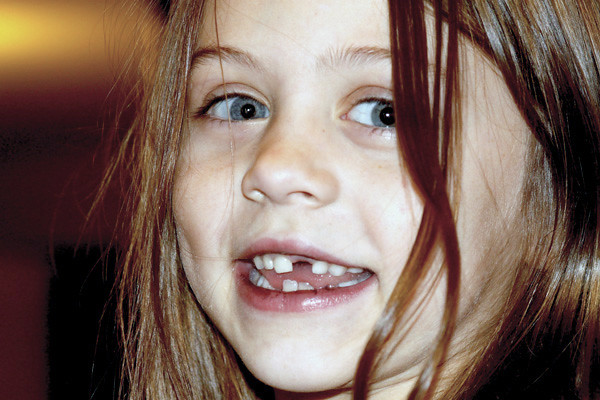Dental implants will successfully restore all kinds of partial edentulism and complete edentulism. Implant-supported dentures are the method of choice in rehabilitating every type of toothless gaps if there arent any general or local contraindications.
Here are some situations where dental implants are indicated.
The single unit toothless gap with healthy adjacent teeth
When one tooth is missing, an implant-supported crown can preserve the adjacent natural teeth by avoiding the necessity to organize them. If the toothless gap is corrected with a dental bridge, both adjacent teeth need to be prepared for placement of the bridge.

This operation involves permanently removing parts of the teeth’s original structure, as well as parts that may still be healthy and structurally sound.
Partial edentulism with the back (posterior) tooth missing
These conditions imply the absence of many posterior teeth (molars and/or premolars) on one or either side of the dental arch (Kennedy class 1 or Kennedy class 2).
In these cases, traditional dental bridges (supported by natural teeth) are tough to design as a result of the back support tooth is missing. Removable partial dentures usually require the preparation of more teeth.
Implant-supported prostheses, though entailing a higher cost, are extremely indicated in these clinical things.
Complete edentulism

When all teeth are missing, the only traditional solution offered is a full removable denture.
Implant-supported prosthesis (either mounted or removable) permit to chew the food better, speak more clearly and that they have superior stability.
Other situations when dental implants are indicated
Patients who cannot tolerate a removable restoration (removable denture).
Patients with high aesthetic and/or purposeful demands.
Contraindications
General contraindications
Absolute contraindications
- Some serious general conditions create anesthesia, surgical procedures and the overall placement inadvisable.
- Heart diseases affecting the valves, recent infarcts, severe cardiac insufficiency, heart disease
- Active cancer, certain bone diseases (osteomalacia, Paget’s disease, brittle bones syndrome, etc.)
- Certain immunologic diseases, immunosuppressive drug treatments, clinical AIDS, awaiting an organ transplant
- Certain mental diseases
- Strongly irradiated jawbones (radiotherapy treatment)
- Treatments of osteoporosis or some cancers by bisphosphonates
Relative contraindications
Some situations will be evaluated on an individual basis. Most often, dental implants will only be placed (with the greatest caution) after some preliminary treatments.
- Diabetes (particularly insulin-dependent)
- Angina pectoris (angina)
- Significant consumption of tobacco
- Certain mental diseases
- Certain auto-immune diseases
- Drug and alcohol dependency
- Pregnancy
Age
- Children: not before the jawbones have stopped growing (in general 17-18 years).
- On the other hand, advanced age doesn’t cause problems if the patient’s general condition is good.
Local contraindications
- Some conditions or physiological changes, usually within the oral cavity, might temporarily prevent the placement of dental implants. Most of the times, these conditions may be corrected before the implants are inserted within the jawbone.
- There is too little bone to support the implants (due to some chronic infections or other conditions) to confirm a decent prognosis, an implant should be enclosed by healthy bone tissue. Dental implant schematic a dental implant should be surrounded by healthy bone tissue (with red)
- Important anatomical structures like the sinus, the inferior alveolar nerve (located inside the mandible), have an abnormal position that may interfere with the dental implants.
Dental implants temporary contraindication:
maxillary sinus lowering of the maxillary sinus
Adjunctive surgical procedures need to be performed before the placement of dental implants. These procedures aim to extend the quantity of bone, so more bone is available to support the implants.
Some local diseases of the oral mucous membrane or alveolar bone will temporarily prevent the placement of dental implants until the conditions are treated.
- Hypersensitivity or other allergic reactions; rarely occurs.
- Poor oral hygiene.
- Bruxism or the involuntary grinding of the teeth.

[…] Dental Implants: Indications and contraindications Muscles of Mastication – (Chewing Muscles) Odontoma: Causes Types Radiographic Features and Treatment Ameloblastoma: Symptoms Causes and Radiographic feature of Jaw tumor 8 Most Common Dental Problems Home » Health » Dental Implant-related complications and failures […]